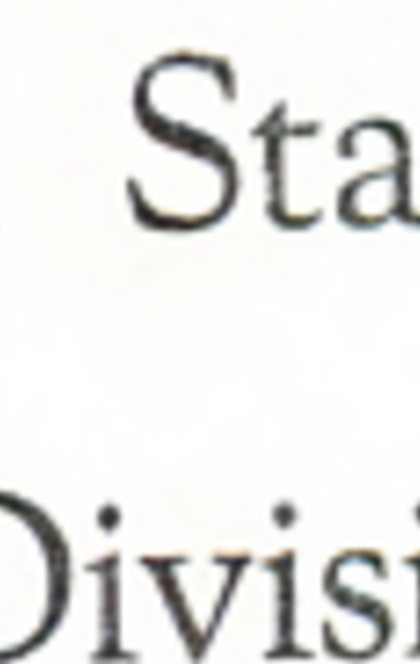Beware of Pity
Actualizado:
16 mzo. 2022

Ver aquí
After Thomas Mann, Stefan Zweig was perhaps the most well-known and widely read author writing in German before the Nazi rule. Beware of Pity was written in Zweig's London exile in 1938, and although it is above all a psychological novel whose tragedy unfolds in the private realms, Zweig's humanistic perspective provides a commentary on the larger historical and political situation. His subtle analysis of pity and its implications - his psychological study of the self-denying surrender to the object of one's pity and his Nietszchean verdict against the fatal power of the weak - resonates with the political ills of the time.The main action is set in 1914, in the months leading up to World War I. Pushed on by circumstances and caught between the polarities of his life as an officer in the Austro-Hungarian Army and his acquaintance with a wealthy local family, Anton Hofmiller consents to an engagement with Edith, the crippled daughter who loves him. Immediately regretting his assent, remorseful yet refusing responsibility, he denies the news of his engagement to his comrades. His weakness of character and his selfish and superficial pity for Edith and her father, his fear of making decisions and his inability of facing the consequences, drive the woman to commit suicide and break her father's heart.